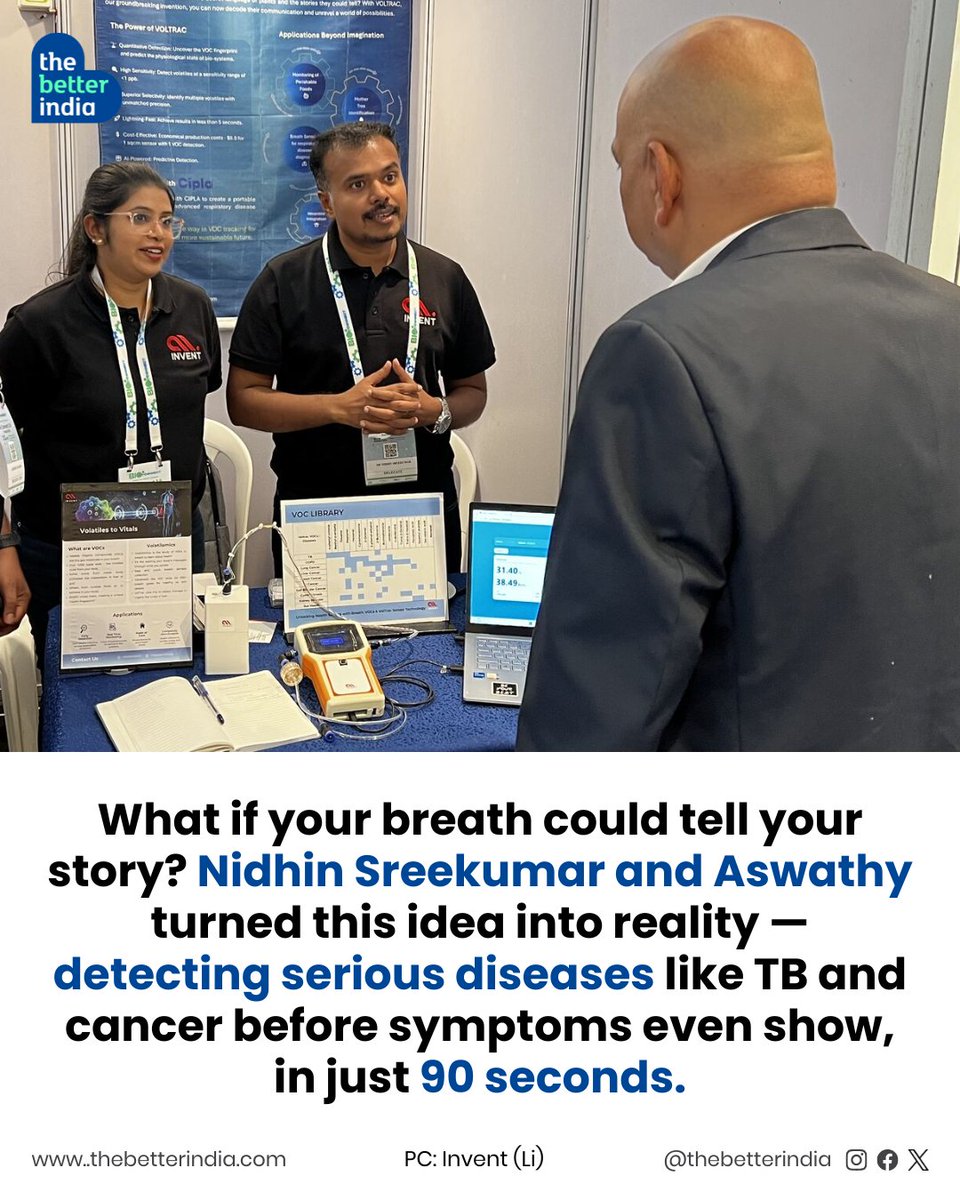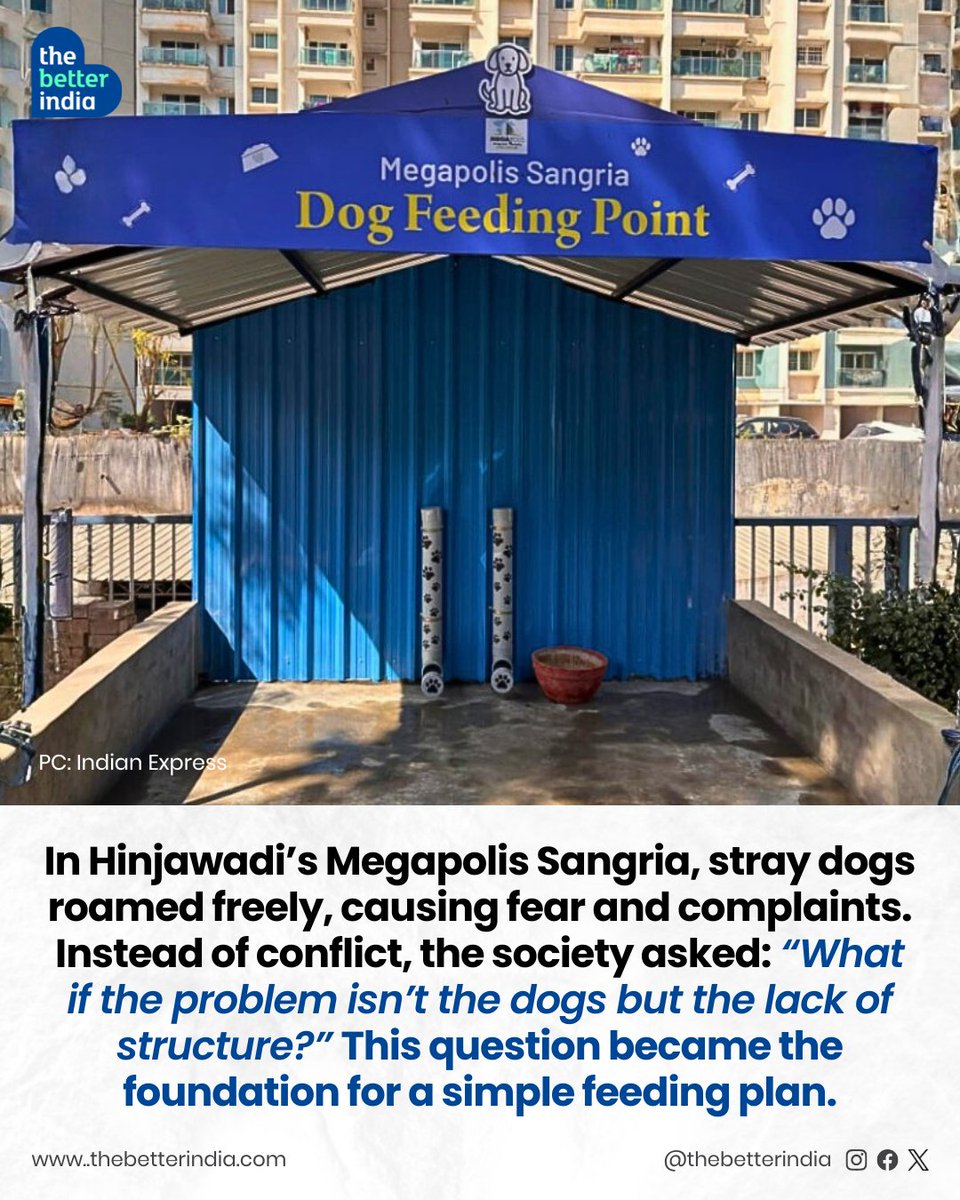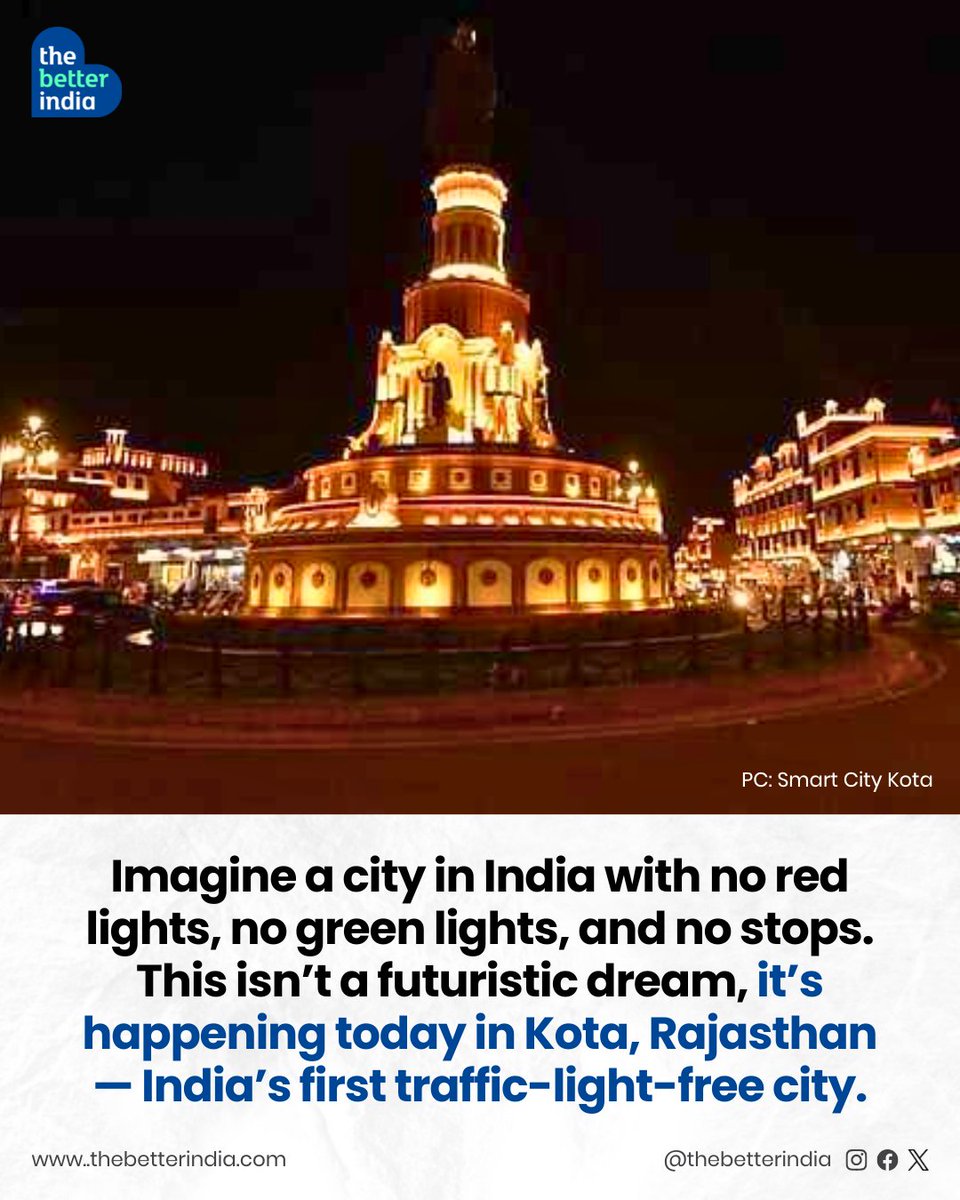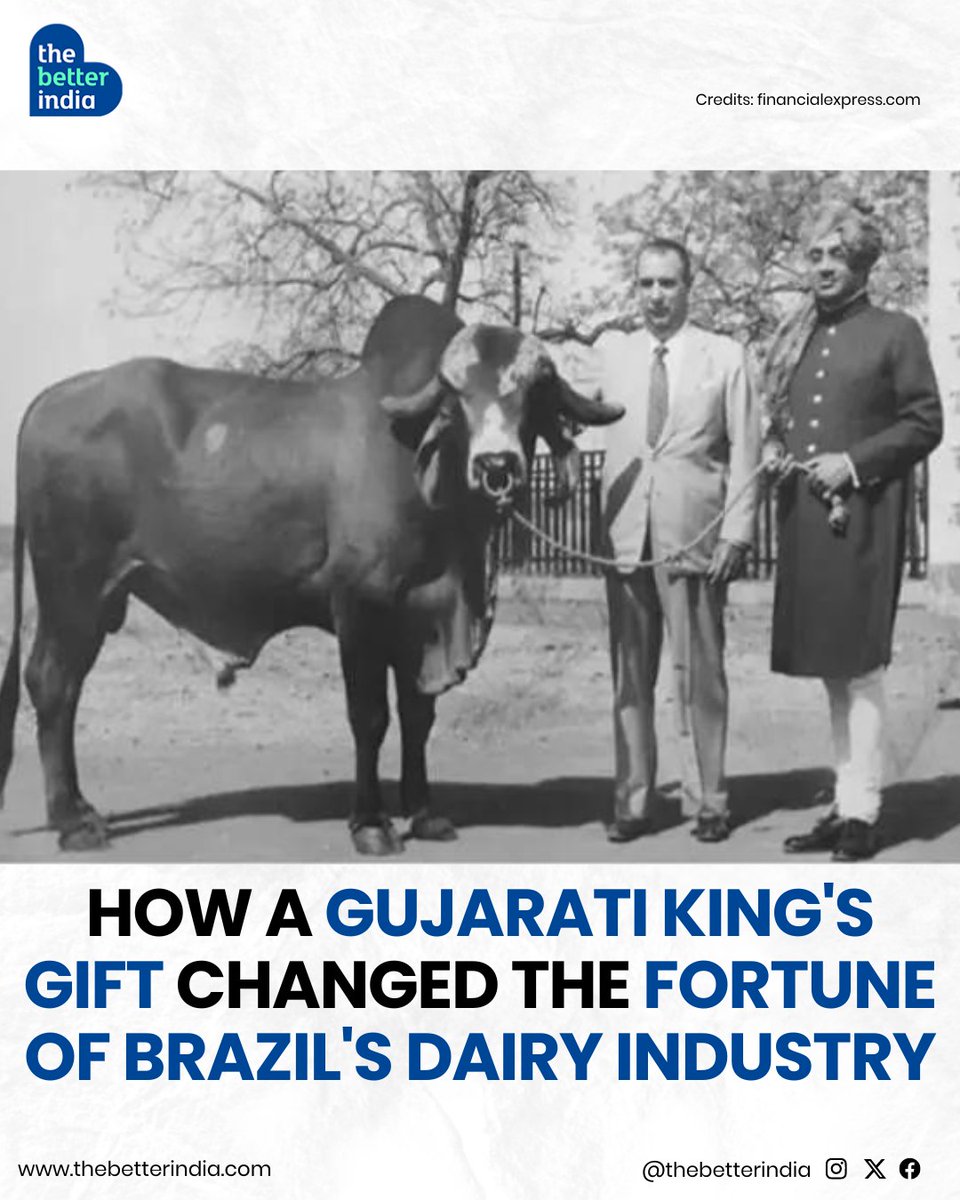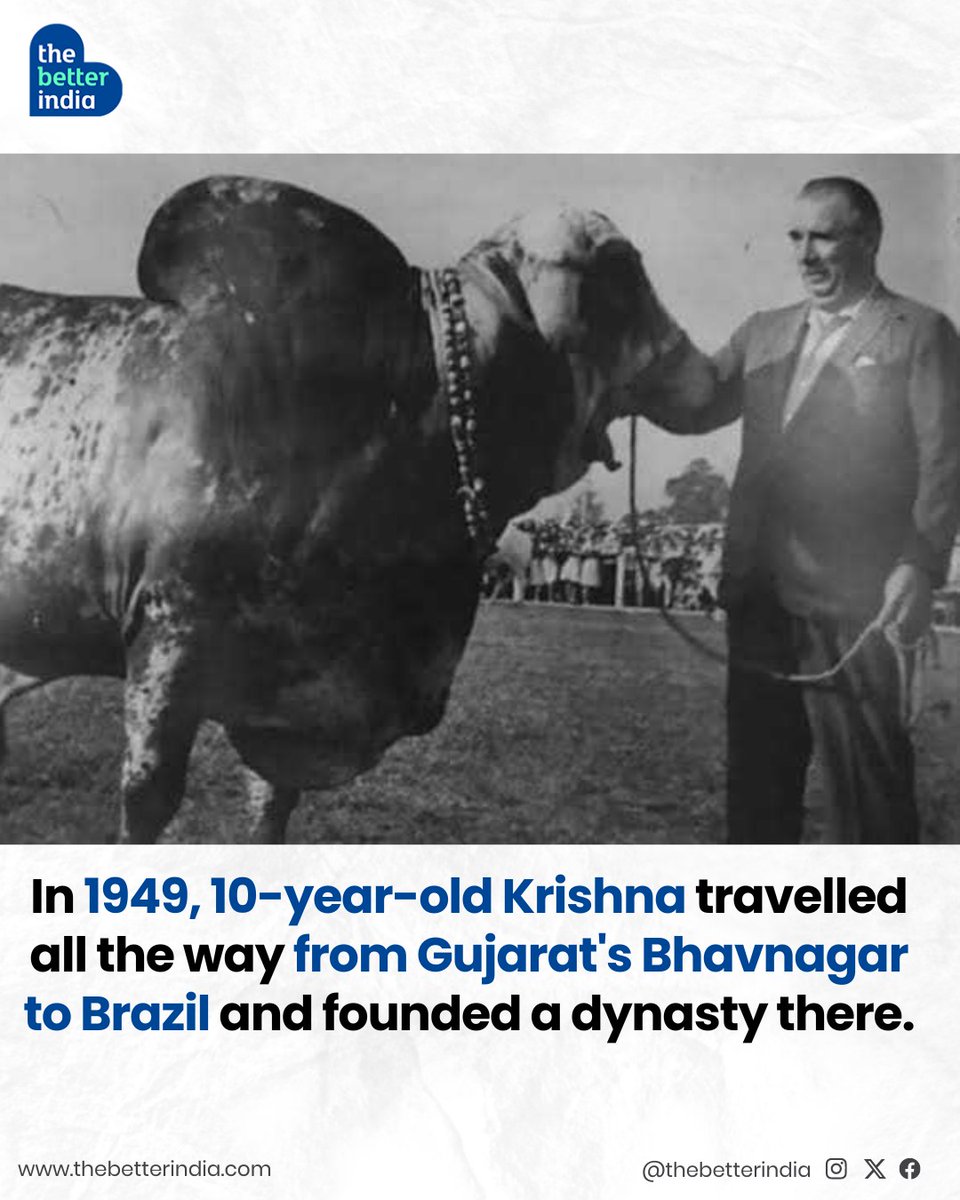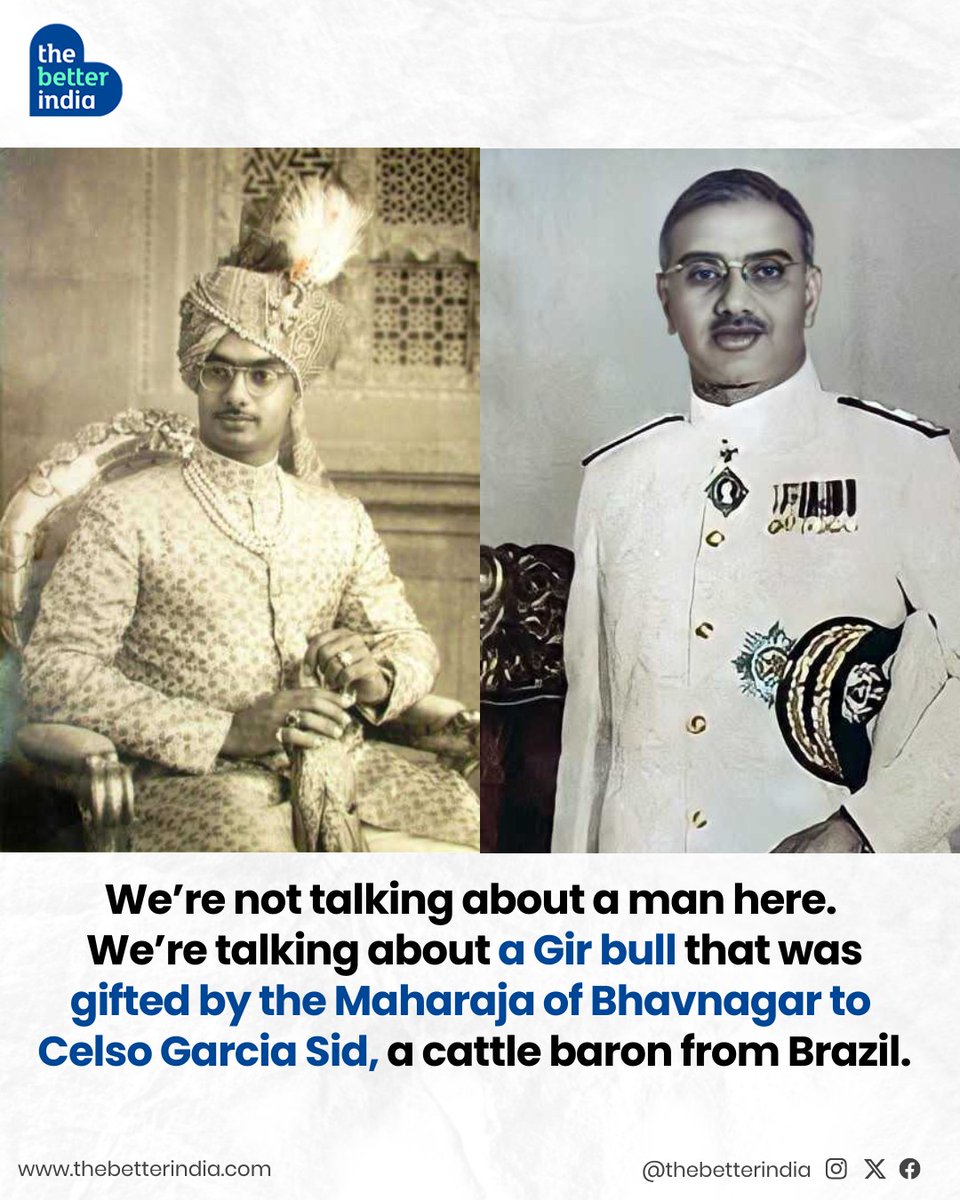1/ Indian-origin #SirishaBandla will become the 2nd Indian-born woman after Kalpana Chawla to fly into space later this month.
Sirisga a will be one of the six space travellers aboard ‘VSS Unity’ of Virgin Galactic, scheduled to blast off to space on July 11 from New Mexico.

Sirisga a will be one of the six space travellers aboard ‘VSS Unity’ of Virgin Galactic, scheduled to blast off to space on July 11 from New Mexico.

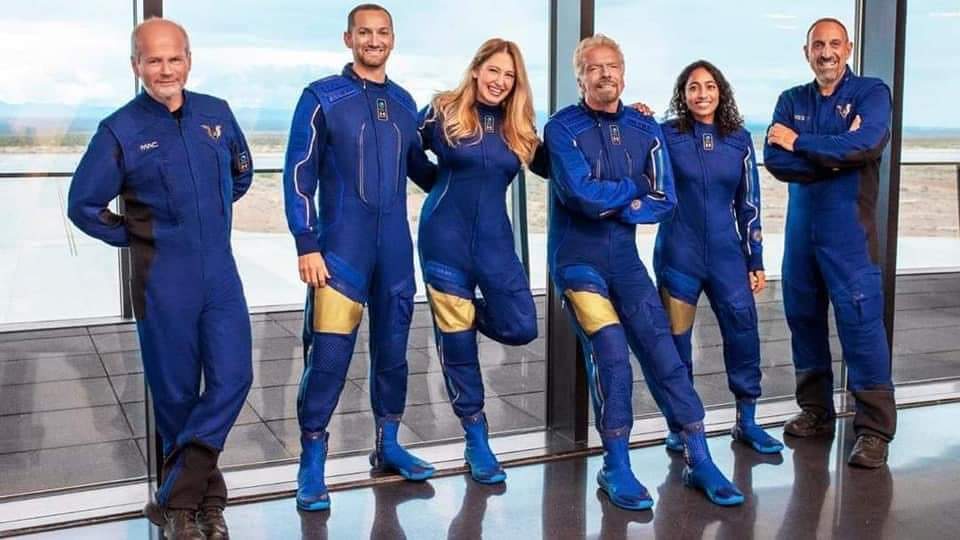
2/ As part of the six-member crew alongside the founder of Virgin Galactic Richard Branson, her role will be that of a researcher experience. 

3/ Sirisha was born in Guntur in Andhra Pradesh. Her grandfather Dr Bandla Ragaiah worked as a Principal Scientist in the Acharya N G Ranga Agriculture University, in Guntur. Her maternal grandfather R Venkata Narasaiah worked as a college lecturer in Chirala. 

4/ Her father Dr Bandla Muralidhar did PhD in Virology from Oklahoma University in the USA and is a member of senior executive service in the US government.
“We all are very proud of her and wishing her safe travels!’’ said Sirisha’s relative Ramarao Kanneganti.
“We all are very proud of her and wishing her safe travels!’’ said Sirisha’s relative Ramarao Kanneganti.

5/ During her stay in the US, Sirisha has also been closely associated with the Telugu Association of North America (TANA), which is the oldest and biggest Indo-American organization in North America. 


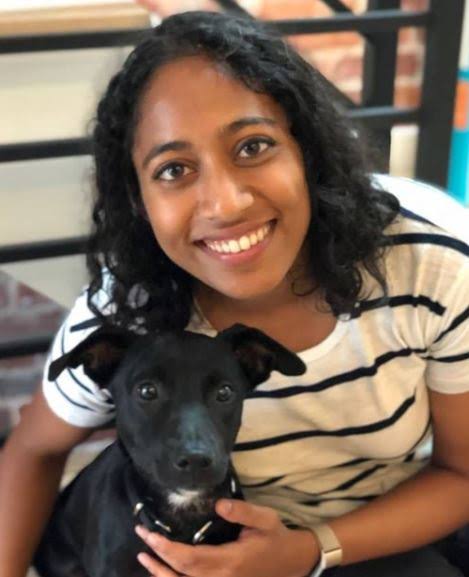
• • •
Missing some Tweet in this thread? You can try to
force a refresh



